
Scientist: Score Equine Pain with ‘Research Pain Models’
Reliable equine pain models are required for testing the effectiveness of new or existing pain-killing drugs.


Reliable equine pain models are required for testing the effectiveness of new or existing pain-killing drugs.
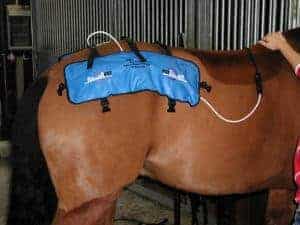
Sheila Schils, PhD, discusses electrotherapy’s place in physical therapy and the different devices available.

Research has shown that some dietary changes have a beneficial effect on semen quality and stallion fertility.
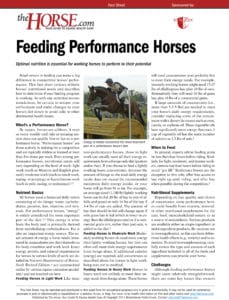
Small errors in feeding can make a big difference in competitive horses’ performance. This fact sheet reviews athletic horses’ nutritional needs and describes how to determine if your feeding program is working.

A green-lipped mussel-derived product could be useful for combating some signs of osteoarthritis in horses.

Objective methods to help veterinarians address horses’ quality of life have yet to be developed.
A new product–the mosquito laser–could help protect horses from infectious mosquito-borne diseases.
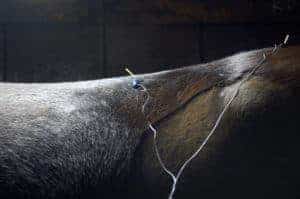
Exploring the evidence regarding the use of acupuncture in equine medicine.
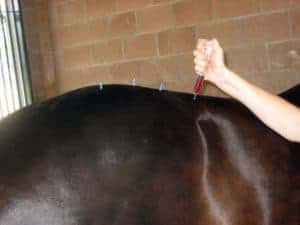
Alternative medicine coursework in equine veterinary education has increased about 30% in the past decade.

Researchers discuss the first case in which surgery to permanently prevent a renosplenic entrapment failed.

Researchers examined which factors–such as lameness–prompt endurance horses’ elimination from competition.
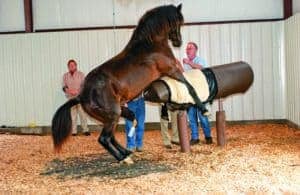
Equine semen quality and quantity were not significantly improved with pentoxifylline administration.
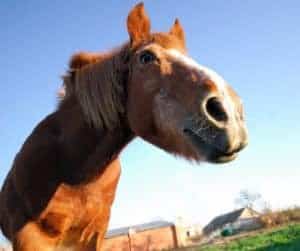
Some important medical conditions are being overlooked by some owners and caretakers of geriatric horses.

Researchers determined a CSF tap can be performed on the horse’s upper neck using ultrasound guidance.
Cornell University researchers are examining the use of degradable pins for treating OCD lesions in horses.
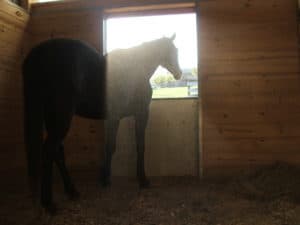
Mapping airborne particles in horse barns could help minimize the risk and/or prevalence of airway disease.
Stay on top of the most recent Horse Health news with